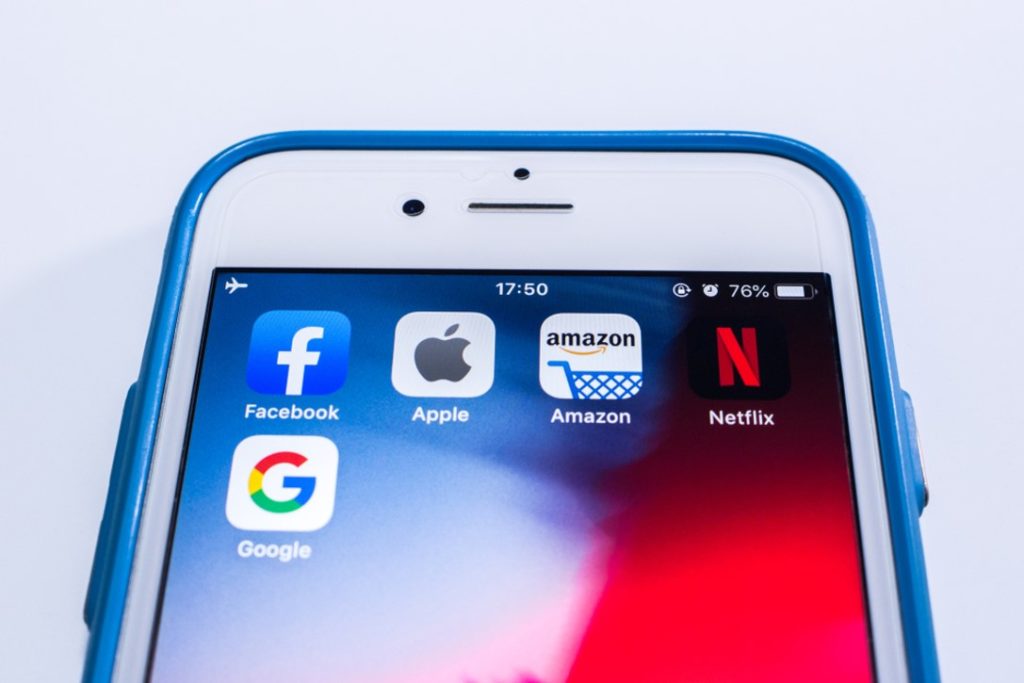
Yesterday was a big news day. No, there were no breakthrough stories on COVID, climate change, Afghanistan, or even Sharon Osbourne.
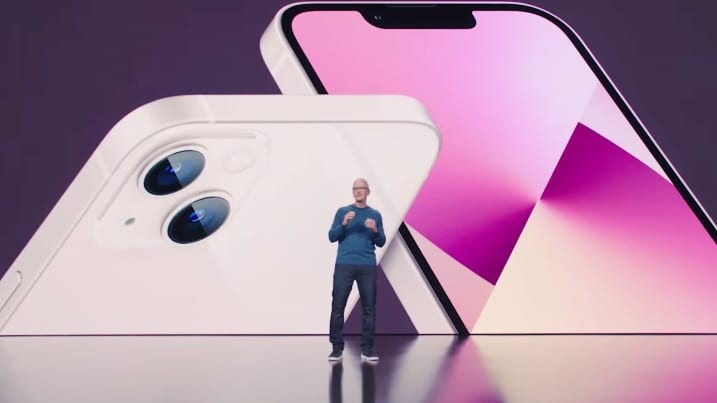
All eyes were on technology yesterday as Apple (at long last) introduced their iPhone 13 models. You’ll be glad to know they have extended battery life, and the camera is better.
Apple is one of the five companies collectively known as FAANG – Facebook, Apple, Amazon, Netflix, and Google – the biggest of the big. Had you invested $1,000 in stock in each FAANG company in 2010, your return would have more than $70,000. And they are all “up” so far in 2021.
Yesterday was Apple’s day. Yes, you may miss the showbiz of Steve Jobs stalking the stage, amazing us with his combination of hubris and charm as he launched “the next big thing.”
But Apple CEO Tim Cook has proved to be more than capable as Apple’s Mr. Congeniality, unveiling new products for the Cupertino-base tech giant these past 10 years.
Technology companies haven’t just grown since Jobs’ passing. They have become a massively bigger part of the global business community, motivating Congress here in the U.S. to “do something” about the size, scope, influence, and power of mega-corporations that are now massively wealthier than most of the world’s countries.
And consumers are getting warier of their unshackled growth. We have been asking about Big Tech in our recent Techsurveys.
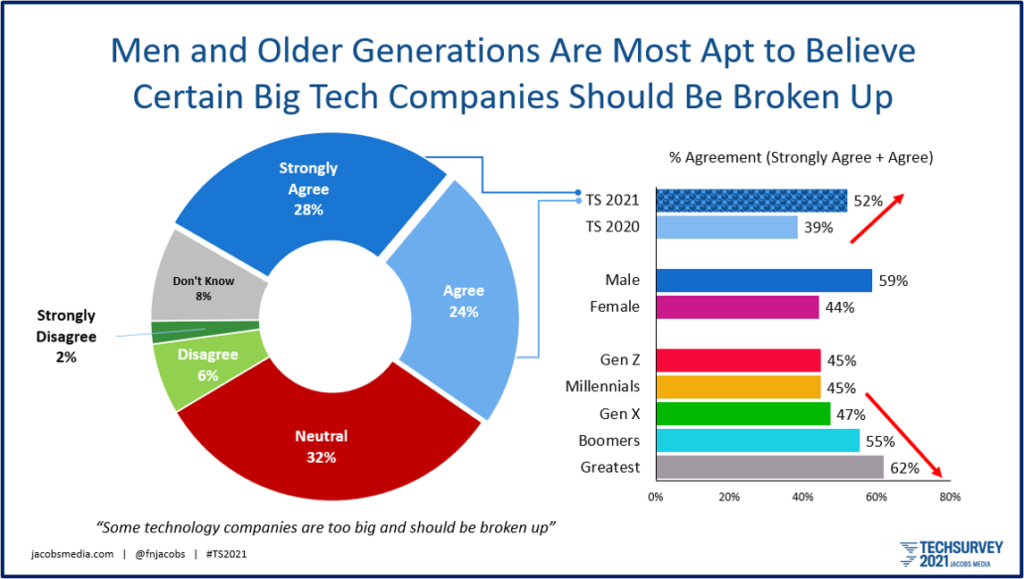
Note that a majority feel this way in 2021, up considerably from what we saw in last year’s pre-COVID study. And men and progressively older radio listeners profile as even warier.
So, despite this high level of concern about these companies getting too big for their backpacks, consider this:
They are all looking at expanding their empires with a focus on brand extensions, some logical and others quite a bit “out there.”
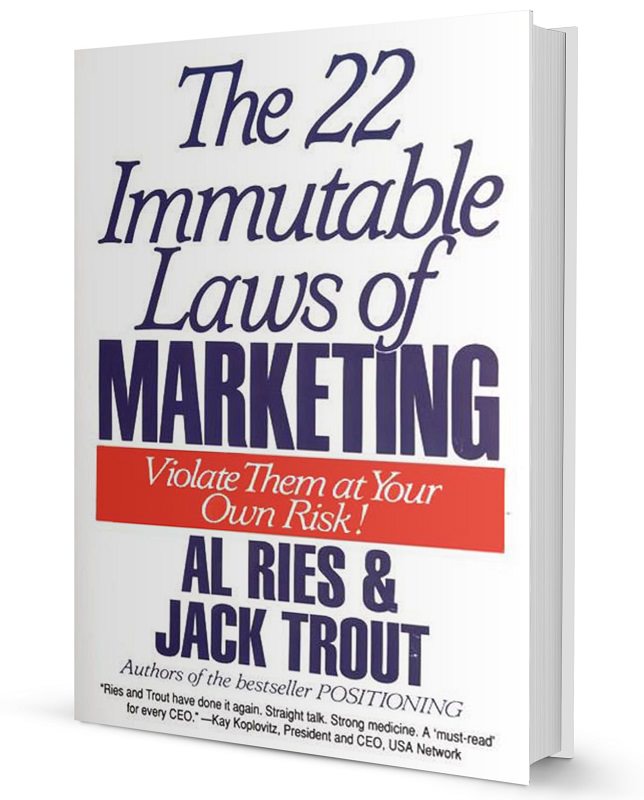 First of all, if you remember your Ries & Trout and their 22 Immutable Laws of Marketing, you may recall Law #12, The Law of Line Extension. In essence it said this about companies putting their successful brand names on other products:
First of all, if you remember your Ries & Trout and their 22 Immutable Laws of Marketing, you may recall Law #12, The Law of Line Extension. In essence it said this about companies putting their successful brand names on other products:
![]() The law of line extension is the most violated law.
The law of line extension is the most violated law.
When you try to be all things to all people, you inevitably wind up in trouble.
Line extension involves taking the brand name of a successful product and putting it on a new product you plan to introduce.
In the long run and in the presence of serious competition, line extension almost never works.
Like all of these “laws,” there are exceptions. The one that always came to mind is Diet Coke – a pretty good example of brand extension that worked pretty well.
Now, Ries & Trout might argue (OK, Al Ries – Jack Trout passed away in 2017) that Diet Coke is just another soft drink, in fact a form of cola. So, the “law” doesn’t apply. And to support his thesis, it would be hard to imagine Coke Beer or even Coke Lemonade would be a successful extension of the brand.
But those 22 Immutable Laws won’t stop Amazon, Facebook and Apple from launching new products that ostensibly have little to do with their core competencies. At this point, they believe they can be successful at just about anything.
1. The Apple Car – This one has been rumored since 2014, as Apple’s Cook has apparently had disagreements with Tesla’s Elon Musk. There have been many serious Apple Car rumors during these years, including reported alliances with Hyundai, Nissan, and Toyota. But earlier this week, a story in Motor1 speculates Apple is now back to building an electric vehicle by itself.
been many serious Apple Car rumors during these years, including reported alliances with Hyundai, Nissan, and Toyota. But earlier this week, a story in Motor1 speculates Apple is now back to building an electric vehicle by itself.
And in just the past few days, financial analysts Alliance Bernstein forecasts that if Apple developed its own electric car, they could sell 1.5 million of them in just nine years, generating $75 billion. That’s a lot better return than selling smartphones, tablets, and watches.
And then are the comings and goings. Apple’s Project Titan – the name of the company’s automotive venture – has apparently added and lost key automotive expertise in recent months, fueling the rumors.
Will Apple ever build its own car? It depends on who you talk to.
2. The Amazon TV – On a more tangible note, you won’t have to wait much longer to buy an Amazon branded television. Next month, they go on sale, starting at $370. The TVs will retain the Fire brand (as in “stick” that now plugs into sets manufactured by other companies).

Connected TVs are a huge deal. They’ve found their way into more and more homes in the past few years. And the pandemic supercharged these hi-tech tubes. Techsurvey 2021 shows that 64% of respondents now own an Internet-connected TV, making it a fast-growing appliance.
But isn’t your LG, Samsung, or Visio sufficient? According to CNBC, Amazon wants its own Fire TV interface for “voice control and easy access to Amazon Prime video and other streaming services.”
Features of some models include the ability to bark orders at the TV without using a remote, as well as other commands – check the weather, control your smart home, play music, and like the other Alexa embedded devices, play radio stations. The TV also allows you to plug in a webcam for Zoom meetings or family gatherings.
For hardcore Amazon users in the market for a new TV, this might be a smart purchase. Or it might be the motivation to update his song, “457 Channels” and nothin’ on.
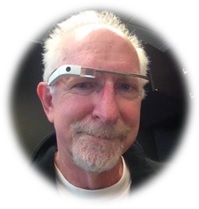
3. Facebook glasses – The last entrant in our “Brand Extension Bingo” comes from Facebook who has carve me out with their own version of tech specs, Google Glass. Sadly, I was one of the early adopters of this substandard product. And I apparently lived up to the nasty label people applied to wearers of this product – “glassholes.”
And that title was deserved. Google Glass looked kind of creepy, and didn’t function especially well. All in all, it turned out to be an expensive experiment. (I’m hoping to sell mine on eBay in 2030).
The Facebook/Ray-Ban model looks cool, but does a lot without others being aware you’re wearing them. Reviewers say that Ray-Ban Stories (that’s what they’re called) are unlike earlier models of smart glasses. Most agree they look and feel great.
 You can shoot and watch video on Stories, and the glasses also store an impressive amount of content until you’re ready to move it over to a laptop or drive. They also feature open-air speakers so you can talk on the phone, listen to music, podcasts, sports, and even radio stations.
You can shoot and watch video on Stories, and the glasses also store an impressive amount of content until you’re ready to move it over to a laptop or drive. They also feature open-air speakers so you can talk on the phone, listen to music, podcasts, sports, and even radio stations.
They start at $299, and Mark Zuckerberg describes them as a key step on the road to Augmented Reality glasses. And because they are Ray-Bans (including the iconic Wayfarer model), no one can tell you’re wearing “smart glasses.”
That is, until you’re on the train, standing in line at Starbucks, or sitting in the waiting room, and out of nowhere you say, “Hey Facebook, play a video.” In which case, you instantly turn into a “facehole.”
Zuckerberg is excited about the prospects behind this technology because they help you stay “in the moment,” able to capture video or photos while watching a concert or your kid graduating from high school. As you can see in this video Zuck recorded, there’s a lot to like here, but also those nagging questions about privacy.
So, three massive companies, and three interesting brand extensions – an electric car, a smart TV, and smart glasses.
Do they break the rule of brand extension – or do they make perfect sense because the companies behind them are very well-known to consumers, nearly all of whom use their products and services?
It takes a certain degree of arrogance to stamp your name on a new product, especially one that has little to do with your core brand.
Like being a radio consulting company and using that name to brand a mobile app startup.
Maybe I should have been rereading The 22 Immutable Laws.
- Media And Technology In 2025: Believe It Or Not! - April 18, 2025
- In Radio, You Just Never Know - April 17, 2025
- The Secret To Making A Great Podcast (And Great Radio) - April 16, 2025




Just what we need – another reason to step out into the street and have your Ray-Ban Stories (as well as the rest of you) mashed by an Apple Car while that driver is distracted by their Amazon TV.
I’m not sure those once immutable laws are still immutable. There was no Amazon, Facebook or Apple (as we know it) when the book was written. Their ability to market and distribute didn’t exist nor did any company with the kind of market share and corresponding power that those have. Line extension is probably not really the main motivator behind any of these products.
It might be time to reconfigure the immutable laws of marketing.
Like everything else these days, the old guard is losing it relevance in the new media world. And you are probably right, Bob. Most (f not all) of R&T’s 22 Immutable Laws are dated. Or worse, you can easily come up with successful examples that run contrary to their rules. I remember thinking that when I first this book back in 93 when you and I were making big ratings together. Maybe I should write up some new rules. Thanks you, Bob.